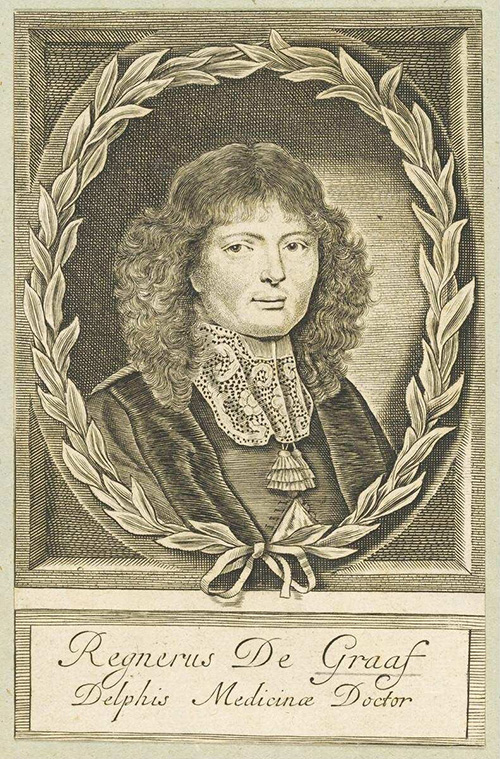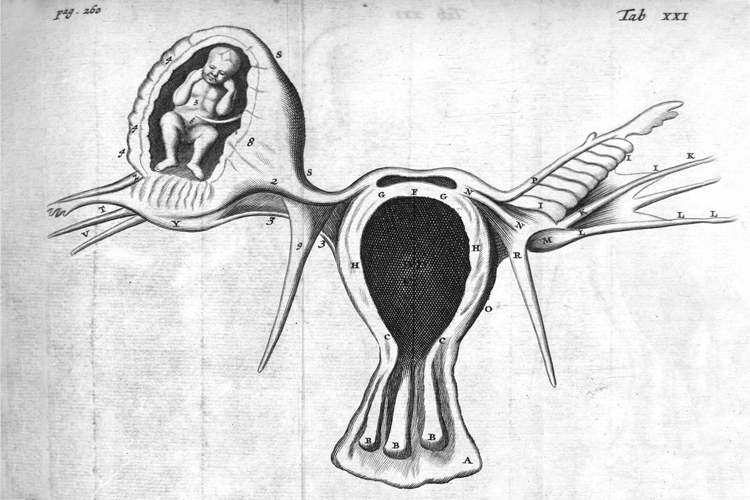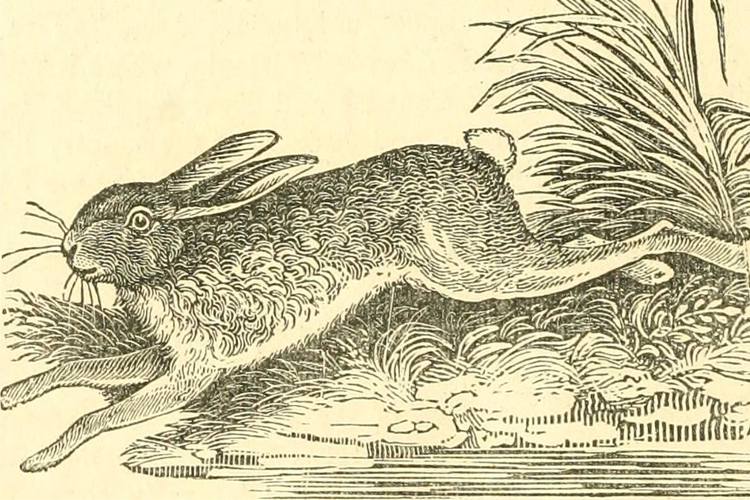The original story is posted on the A&S News Website. Reposted with permission of the author, Sean McNeely, Staff Writer, Faculty of Arts and Science
For Nayani Jensen, there’s no greater foundation for a fictional story than scientific facts and history.
Jensen was recently named the 2024 short fiction winner of the Writers’ Trust of Canada’s RBC Bronwen Wallace Award For Emerging Canadian Writers for her story, Like Rabbits.
“I sincerely did not think that I was going to win,” says Jensen, a PhD candidate with the Faculty of Arts & Science’s Institute for the History & Philosophy of Science & Technology (IHPST). “I was very happy just to have been a finalist, so it was a big surprise, but it was wonderful.”
The Writers’ Trust short fiction jury called Like Rabbits “historical fiction at its most intimate …with elegance, authority and vitality, Nayani Jensen gives us a timeless story of ambition and a tender portrait of marriage.”

Her tale is about Reinier de Graaf, — a 17th century Dutch physician, physiologist and anatomist who made key discoveries in reproductive biology. Jensen imagined the end of his short life — he died at 32 — based on real historical research and archival work.
“I came across a footnote when I was reading an academic paper which mentioned that he was fighting for priority in the debate about who discovered the human egg, at the same time as his infant son was born and then passed away,” she says.
“I was really interested in his idea of, where does life come from, the priority of science in these bigger questions and what might have been going on as he was trying to establish his name as the discoverer of the human egg during a tumultuous period in his life.”
Jensen is fascinated by the overlap of moments of scientific discovery with personal, moral or social questions happening in the lives of her characters.
“For this one, I was very interested in, how do personal moral questions of someone who's a new father layer with the pursuit of scientific work of discovering where life comes from?” she says.
Like Rabbits is part of a collection of fictional short stories that Jensen is working on —each grounded in a scientific discovery or debate.
“It's big questions about science, as well as human questions all looked at through the lens of the short story,” she says, calling scientific history, “the perfect seed for short fiction.”
“My academic work feeds the writing very well, because I wouldn't be finding all of this rich random material for fiction if I wasn't already studying the history of science,” she says.

“In some ways, I’m often asking similar questions to the academic research I’m doing, but you're given the freedom to play with it, or ask questions that you wouldn't be asking in academic work.”
Jensen’s writing is a reflection of her studies, past and present. She completed a degree in mechanical engineering from Dalhousie University.
“I worked on climate research projects,” she says. “And I was really interested in some of the bigger questions like the difficulty with communicating about climate science to the public.”
She then changed her focus when she was awarded a Rhodes Scholarship at Oxford University where she studied English literature, particularly the Romantic period, as well as the history of science.
“Romanticism is a very emotional, subjective way of writing about the natural environment,” says Jensen. “And I was interested in romanticism and the very different ways that people were thinking about weather and climate in the early 19th century.”
That interest led to her research, where she is examining how science responded to extreme weather events between 1800 and 1840.
“That's the period in which studying climate as a global phenomenon, and studying it very objectively, really comes into its own,” says Jensen. “Previously, it would have been a local parish examining their own trends and their specific location. The idea of climate as a global phenomenon didn't really exist.

“So my thesis is about how and why that transformation occurred. And are there ways that we can communicate about climate to the public today that are more effective?”
Jensen enjoyed a week of events in Toronto hosted by the Writers’ Trust last month.
“It was fantastic,” she says. “All of the finalists and winners got to go into the Penguin Random House Canada headquarters and record an audiobook version of our stories for Apple Books. I got to meet so many people. The actual award event itself had lots of publishing professionals and we all shared our work.”
The experience and the award have also come as somewhat of a surprise for Jensen who saw herself as more of a novelist than a short story writer.
“I've always worked on longer pieces, so I don't think I ever thought of being in the Canadian literary scene with short fiction,” she says. “That’s why this is so exciting.”
Going forward, Jensen plans on continuing with her thesis, and writing her short story collection.
“We'll see if that could actually happen, but that's the vision for the next two years. And with this award, I can go forward with my writing and have taken that seriously as well.”
Read the short story
Nayani Jensen's story Like Rabbits, can be found on the Writers' Trust of Canada website


